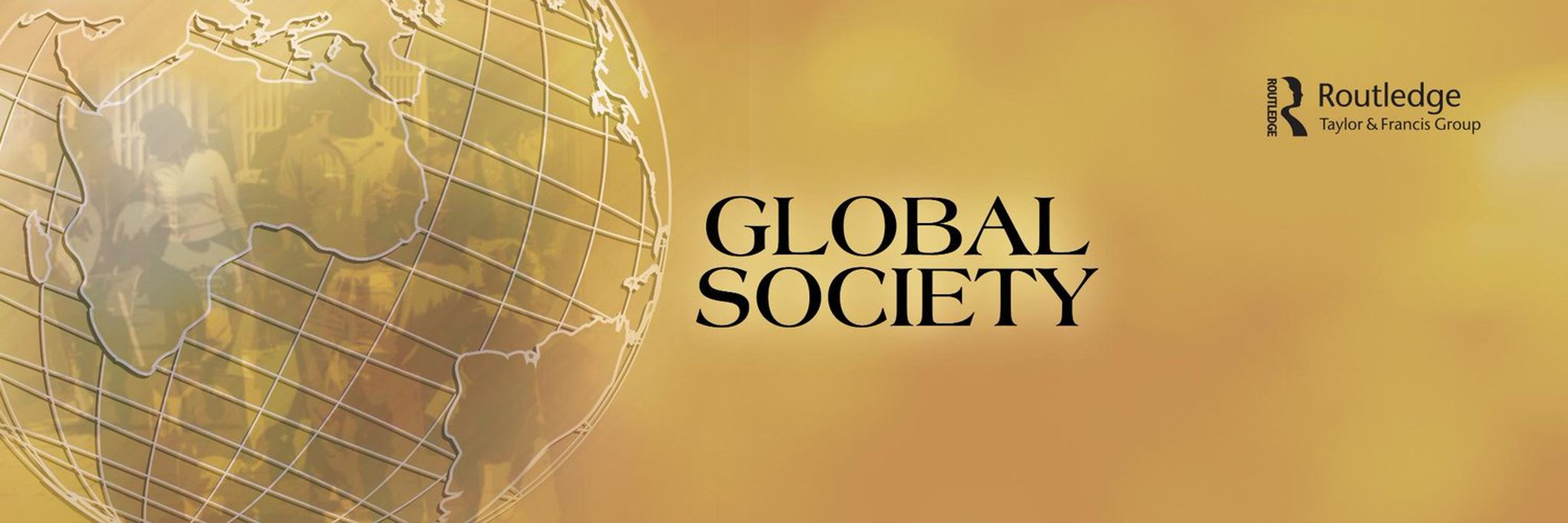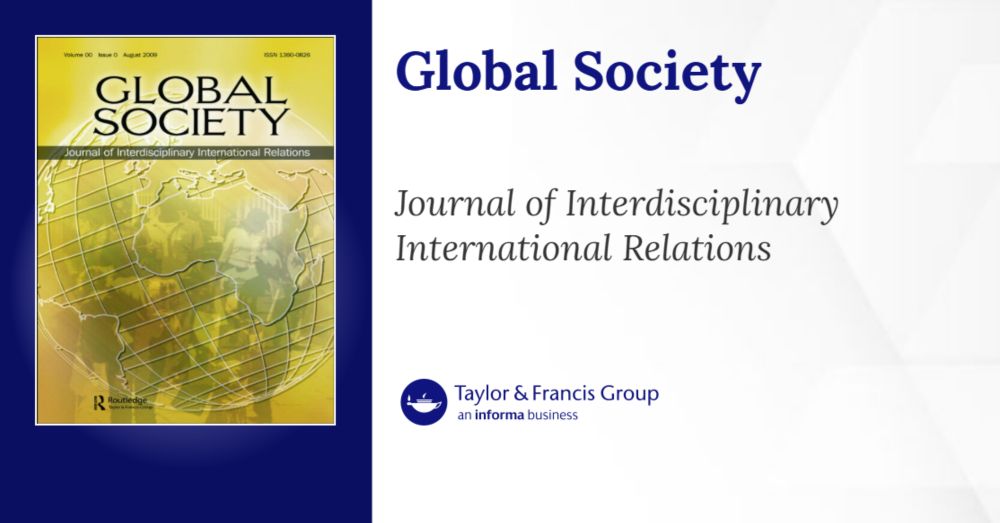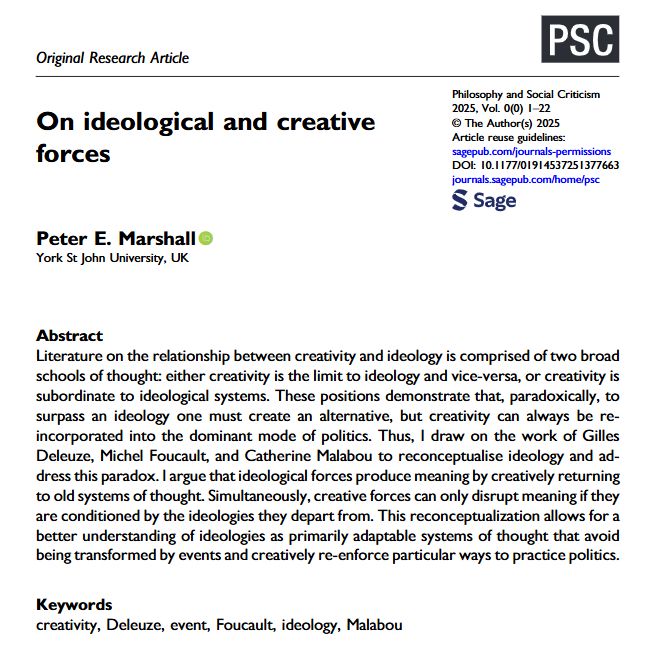Global Society
@globalsociety.bsky.social
1.5K followers
4.5K following
110 posts
Global Society is a journal of international studies published by Taylor & Francis. Editors: Rubrick Biegon, Tom Casier, Hendrik Huelss, Melita Lazell, Alexandre Christoyannopoulos, Peter Marshall
https://www.tandfonline.com/toc/cgsj20/current
Posts
Media
Videos
Starter Packs
Reposted by Global Society
Reposted by Global Society
Reposted by Global Society
Reposted by Global Society
Reposted by Global Society
Reposted by Global Society
Reposted by Global Society
Reposted by Global Society
Reposted by Global Society
Reposted by Global Society
Reposted by Global Society
Reposted by Global Society













